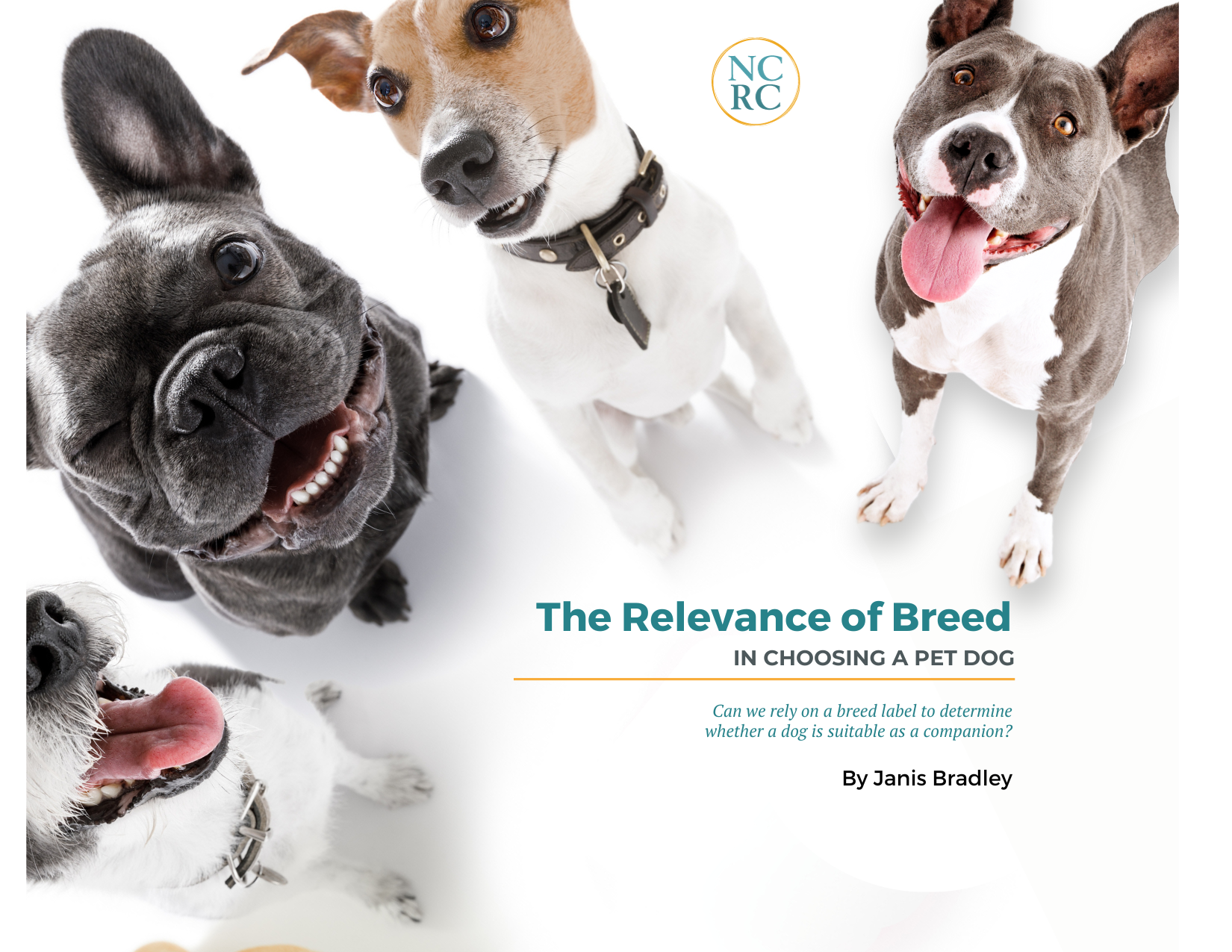Looking to prioritize your canine companions well-being from the get-go? Consider embracing the charm and health benefits of mixed-breed companionship. Renowned cognitive scientist Alexandra Horowitz recently shed light on the alarming consequences of closed gene pools in purebred dogs. In her thought-provoking piece for The New York Times, she unveils the startling truth: many pedigreed dogs suffer from debilitating health issues due to extensive inbreeding.
Horowitz’s insights are backed by compelling research, revealing that certain breeds exhibit shockingly high levels of genetic similarity, akin to the offspring of full siblings. Such inbreeding not only amplifies the risk of various health ailments, including bleeding disorders and fatal heart defects, but also perpetuates extreme physical traits, like the pug’s flat face, which compromises essential functions like breathing.

n light of these revelations, Horowitz advocates for outcrossing – the introduction of diverse genetic lineages into purebred bloodlines. However, until this practice becomes widespread, opting for a mixed-breed companion presents a promising alternative for those prioritizing their pet’s well-being.
Fortunately, the intricate tapestry of personality remains untouched by the adverse effects of inbreeding, as highlighted by recent advancements in dog genomics. Each mixed-breed pup is an individual blend of traits, offering a delightful package waiting to be unwrapped. After all, the only way to truly understand the personality of a canine companion is to embark on the journey of getting to know them firsthand.
By embracing the diversity and vitality of mixed-breed dogs, prospective pet owners can not only increase the likelihood of finding a healthy and happy companion but also contribute to a brighter future in the world of canine companionship..

Explore additional canine related researchin our research library.







